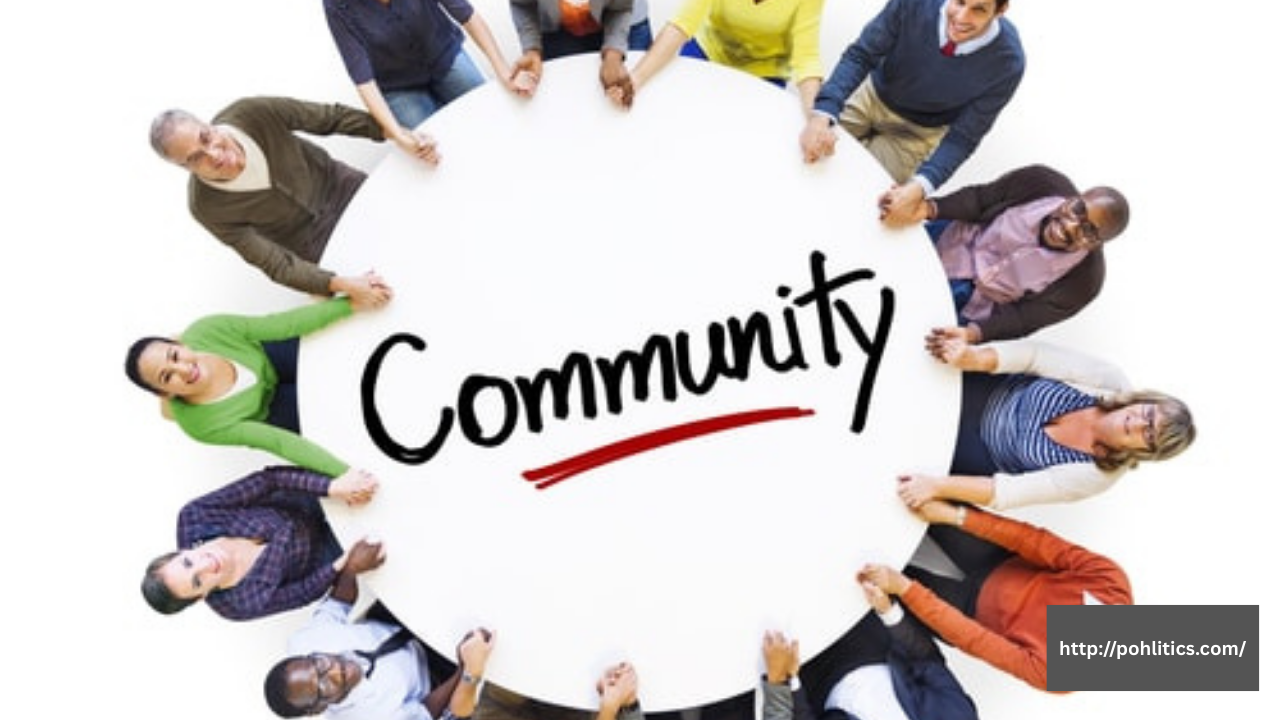Addiction recovery is not a journey that must be taken alone. In Michigan, numerous community-based support groups and meetings offer encouragement, connection, and accountability for individuals recovering from substance use disorders. These groups play a critical role in sustaining recovery, providing a safe environment to share experiences, receive guidance, and build a supportive network.
Why Community Support Matters in Recovery
Recovery involves more than just abstaining from drugs or alcohol—it requires emotional healing, lifestyle changes, and ongoing motivation. Community support groups help individuals:
- Feel less isolated in their struggles.
- Gain insight from others’ experiences.
- Access a network of people who understand the challenges of addiction.
- Build coping skills and relapse prevention strategies.
Michigan-Based Recovery Support Groups
Michigan hosts a wide variety of recovery support groups that meet both in-person and online, catering to different preferences and belief systems.
1. Alcoholics Anonymous (AA) and Narcotics Anonymous (NA)
These 12-step programs are widely available throughout Michigan and offer peer-led meetings focused on spiritual growth and mutual support. Individuals can find meetings in cities like Detroit, Grand Rapids, Lansing, and smaller communities via the AA or NA Michigan websites.
2. SMART Recovery
SMART (Self-Management and Recovery Training) is a science-based alternative to 12-step programs. It uses cognitive-behavioral techniques to help individuals manage their thoughts, feelings, and behaviors. SMART Recovery meetings are available across Michigan and also accessible online.
3. Celebrate Recovery
A Christ-centered 12-step program, Celebrate Recovery is available in many Michigan churches. It supports recovery from a wide range of issues including addiction, codependency, and other life struggles. The program incorporates scripture and biblical principles into the healing process.
4. Families Against Narcotics (FAN)
Founded in Michigan, FAN offers education, support, and resources for individuals and families affected by addiction. Their Hope Not Handcuffs program connects people with immediate treatment options, while their support groups provide a space for families to heal together.
5. Recovery Dharma
For those seeking a Buddhist-inspired path to recovery, Recovery Dharma offers meetings centered around mindfulness, meditation, and Buddhist teachings. Several Michigan communities now host Recovery Dharma meetings in-person and virtually.
How to Find Local Meetings
Finding a local support group is easier than ever with online directories and community health listings. Some resources include:
- SAMHSA’s Behavioral Health Treatment Services Locator
- AA and NA Michigan websites
- SMART Recovery meeting directory
- Local health departments and community centers
Many local libraries, churches, and hospitals also host regular recovery meetings or can provide information on where to find them.
Conclusion
Community support is a powerful asset in the recovery process. Michigan offers a diverse range of groups and meetings to meet the needs of those seeking recovery, whether through spiritual guidance, science-based methods, or family-centered support. Engaging with a local recovery group can make a significant difference in sustaining long-term sobriety and finding hope. If you or a loved one is on the path to recovery, consider attending a Michigan-based meeting today.
